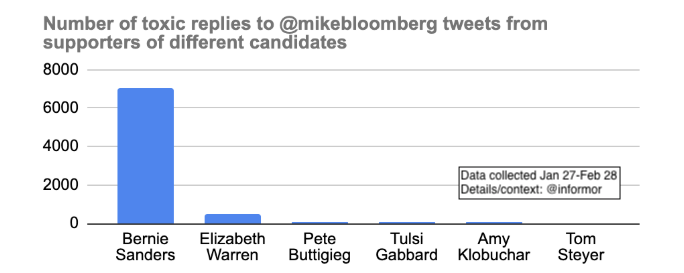
Information Science Faculty at @cornell_tech focusing on our information ecosystem’s trustworthiness, and its impact on democracy. Taller in person.
How to get URL link on X (Twitter) App






https://twitter.com/icwsm/status/1270003351393009664When talking about online safety/abuse/misinformation one can image about content- and people-driven units of investigation; and then their mix. In each, we can start from the smaller units and work our way up. 2/
